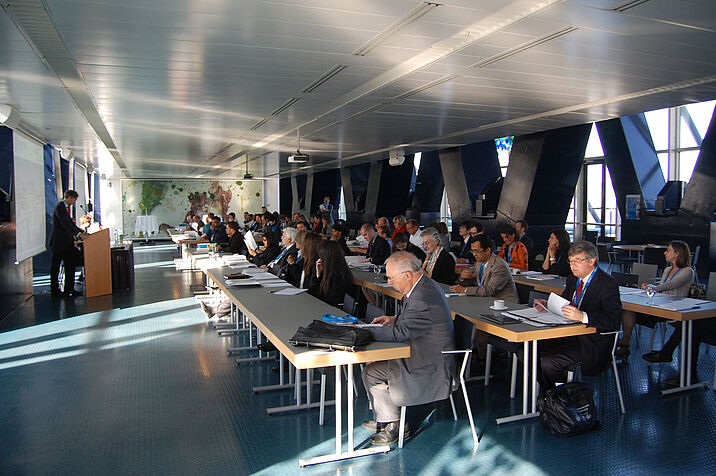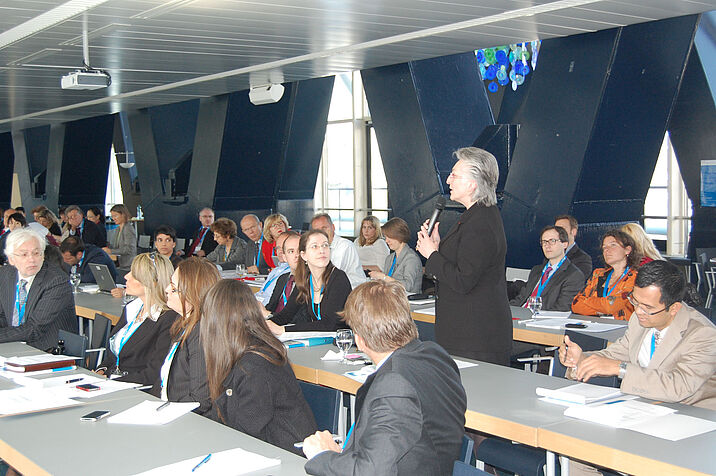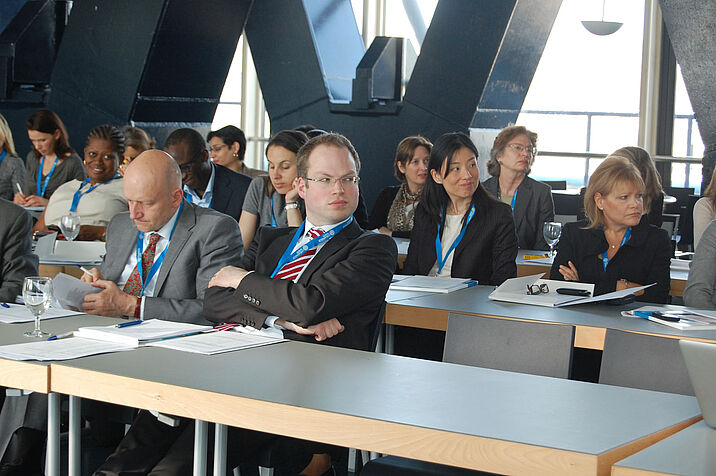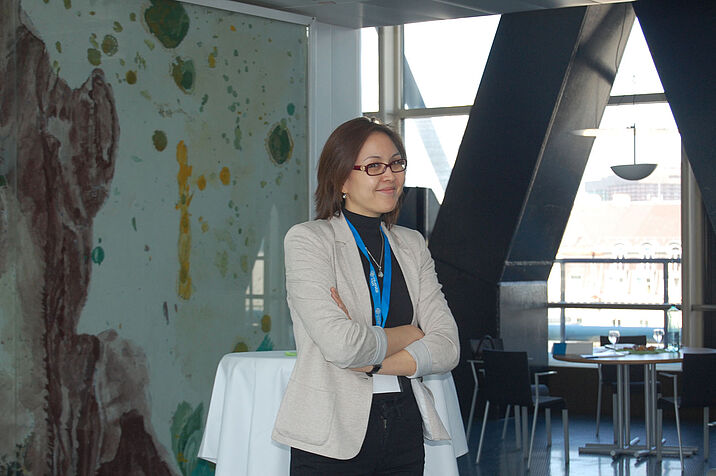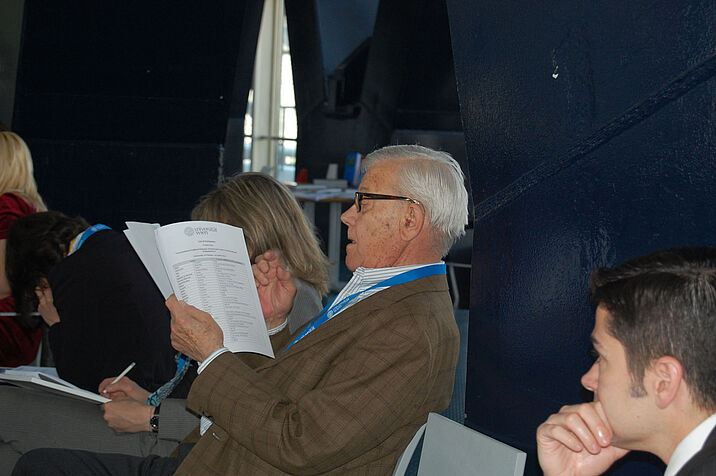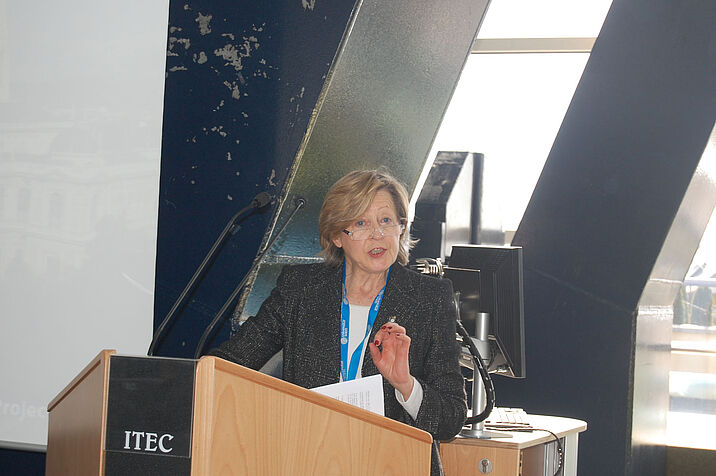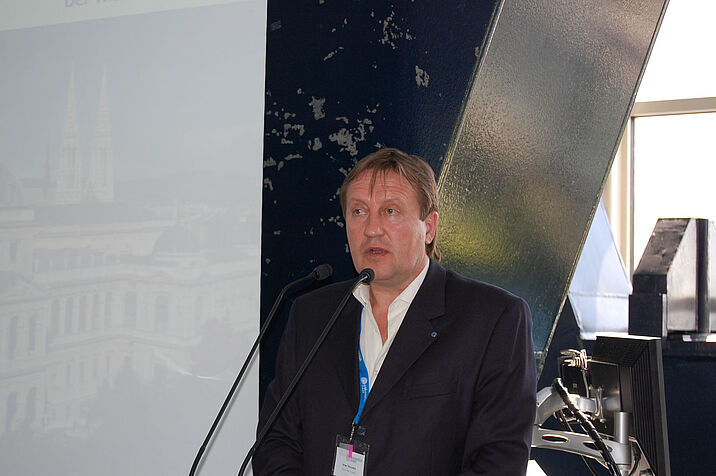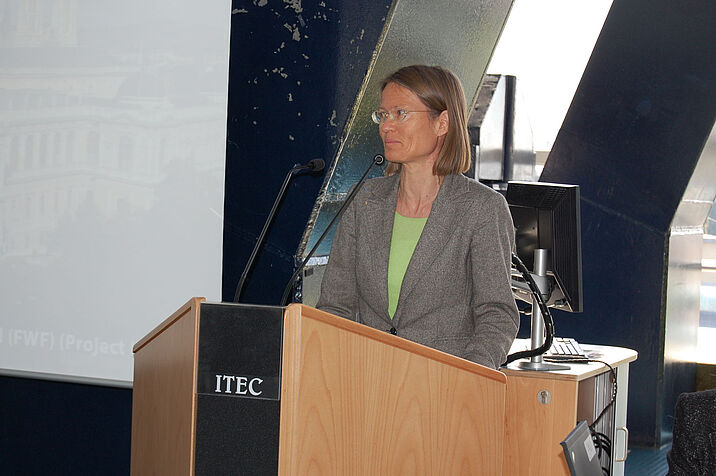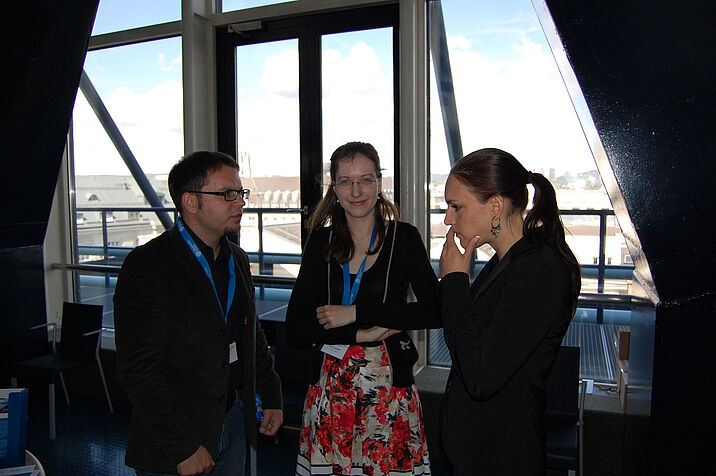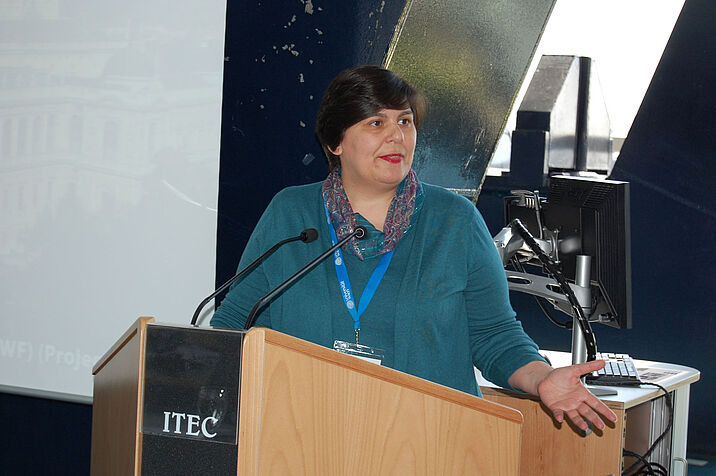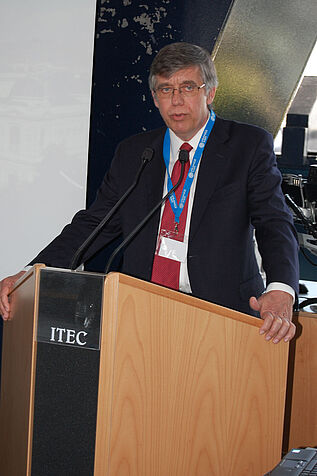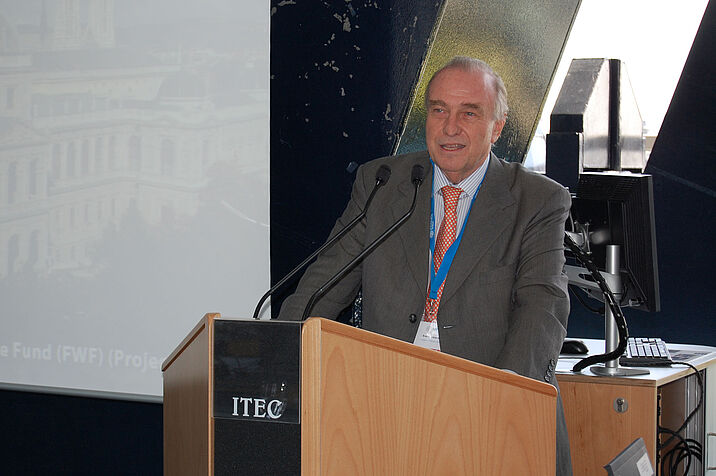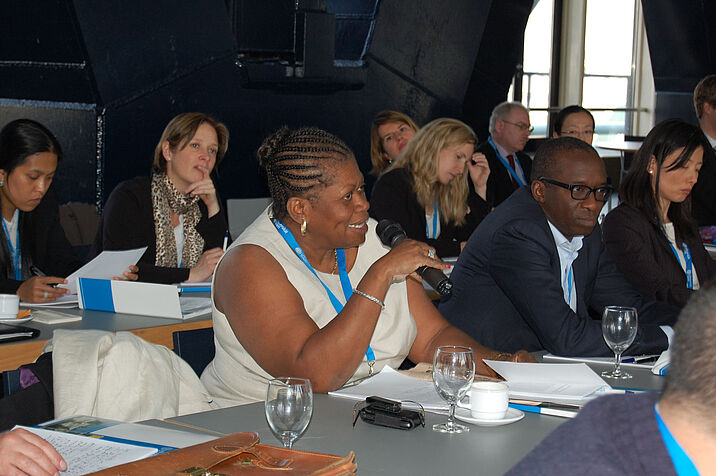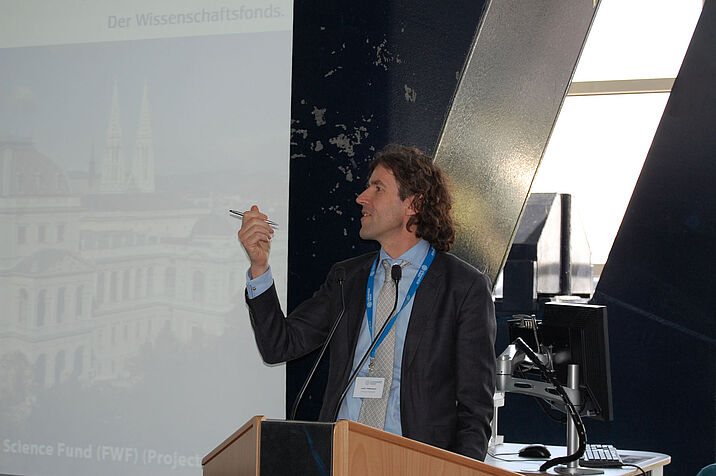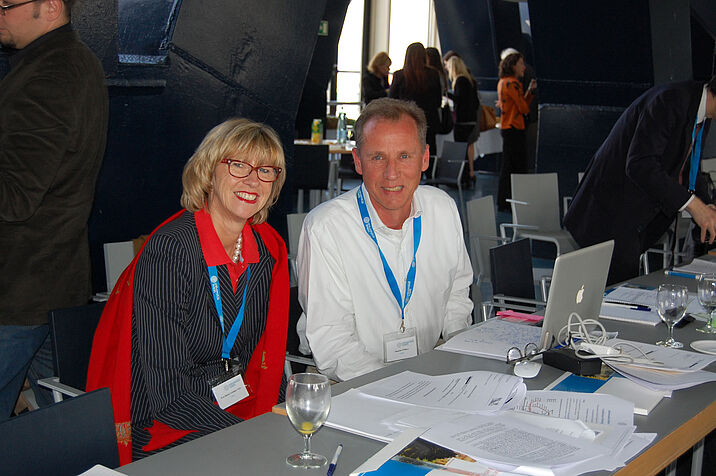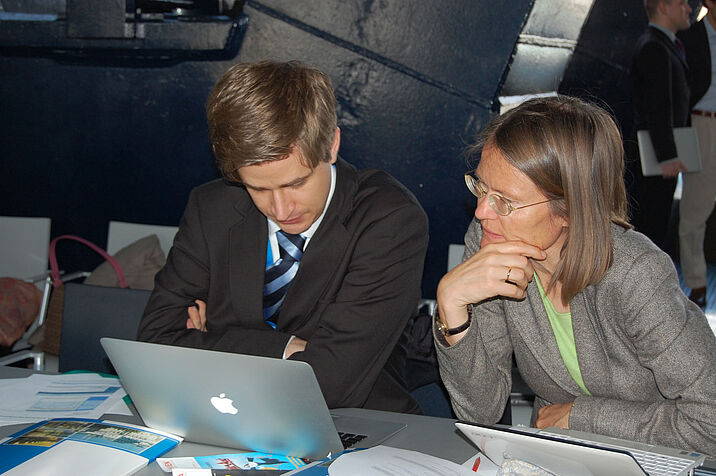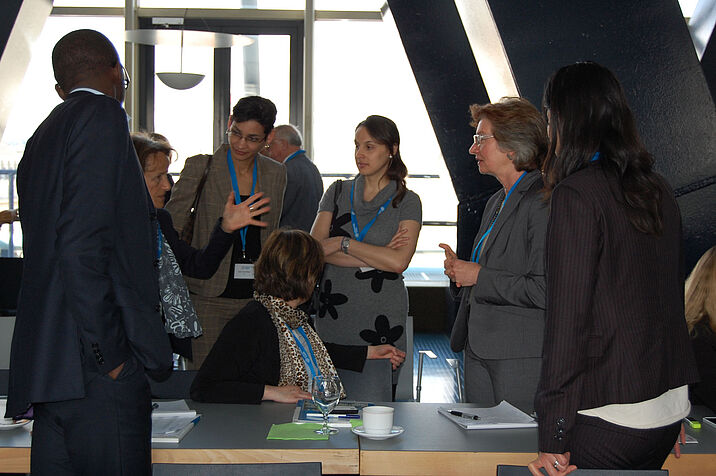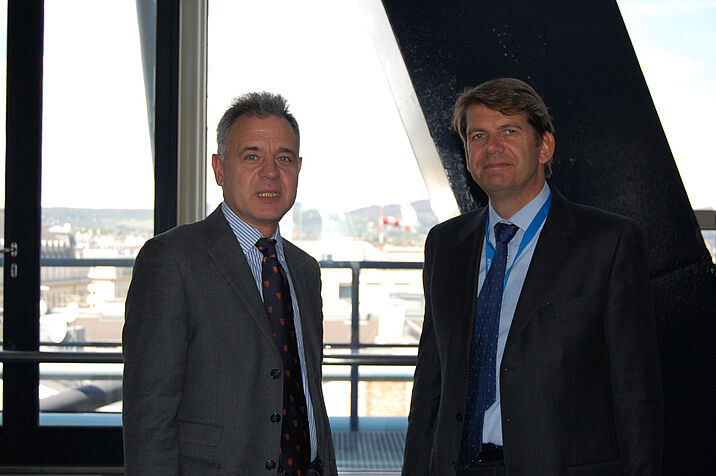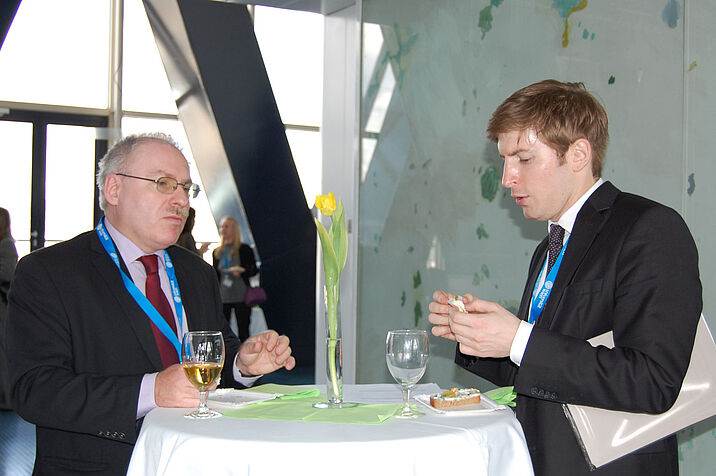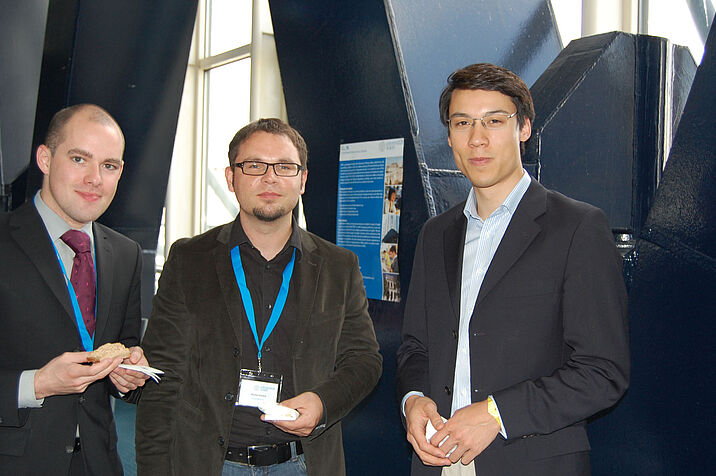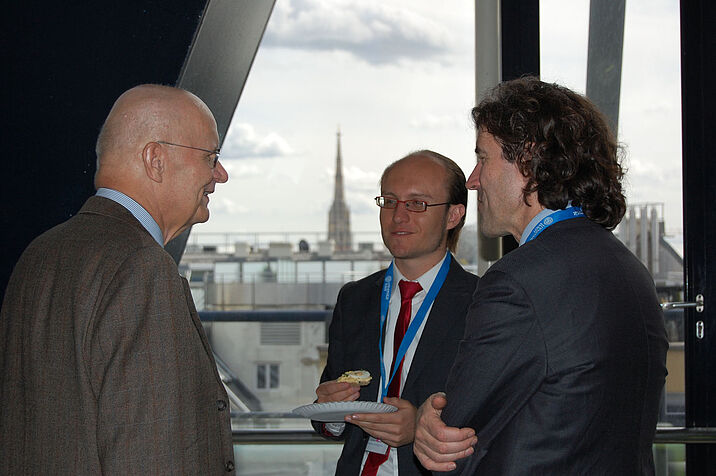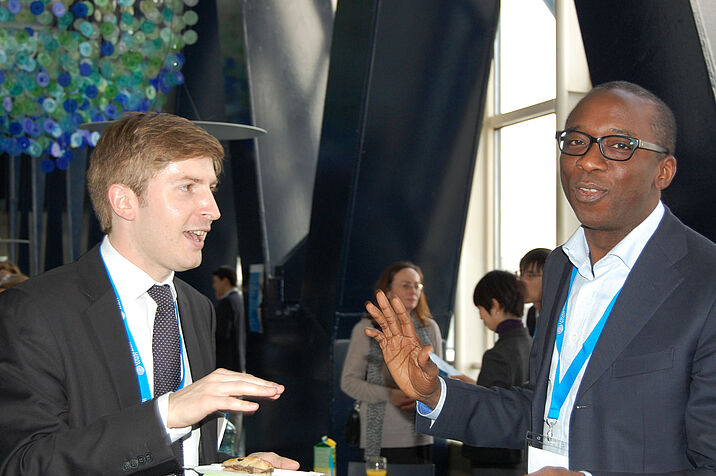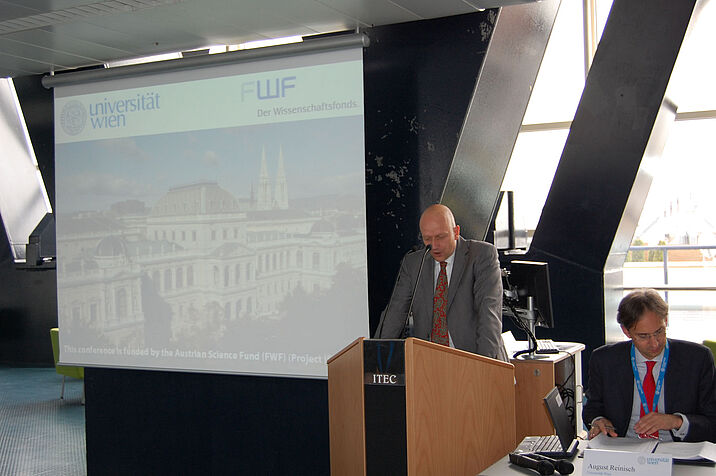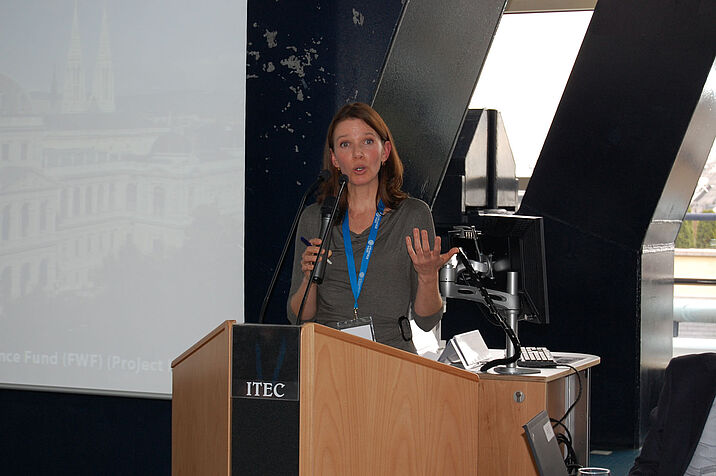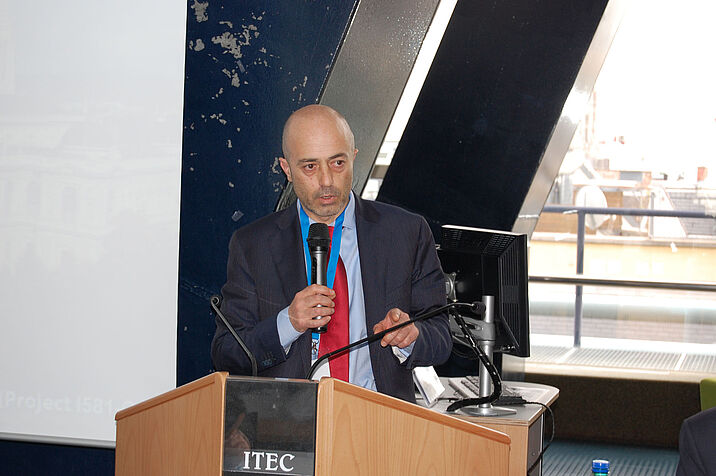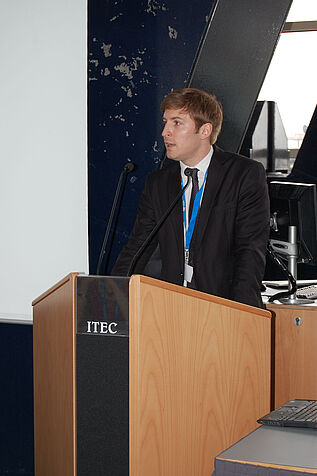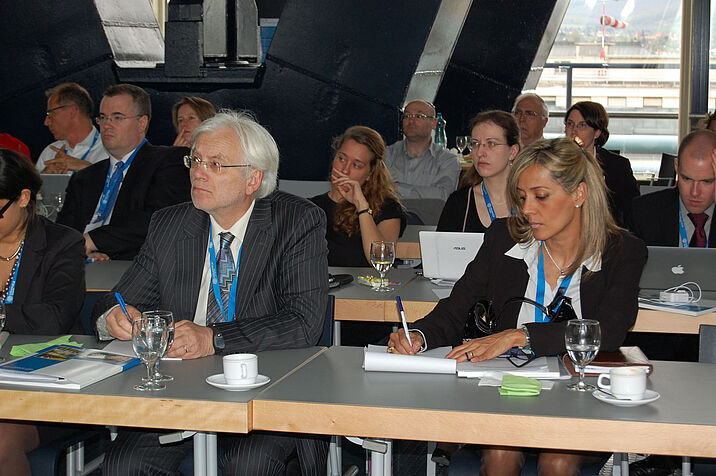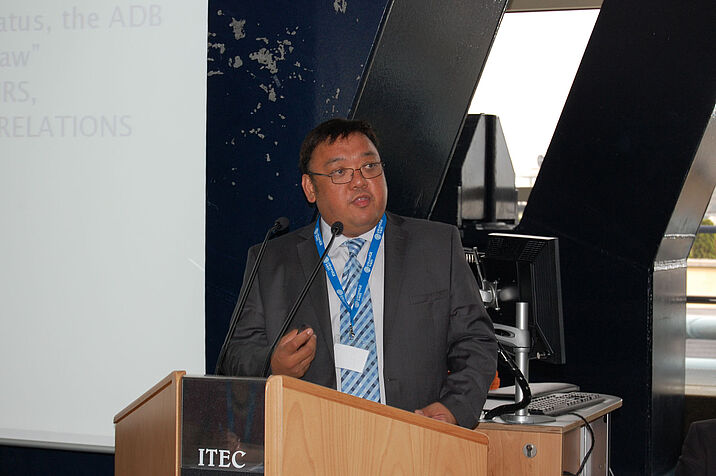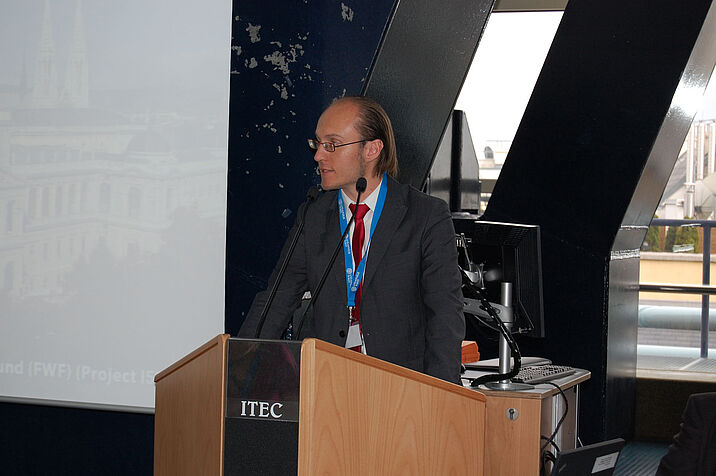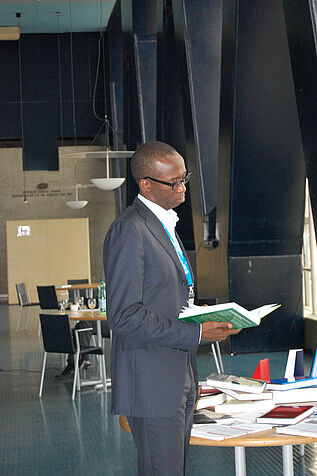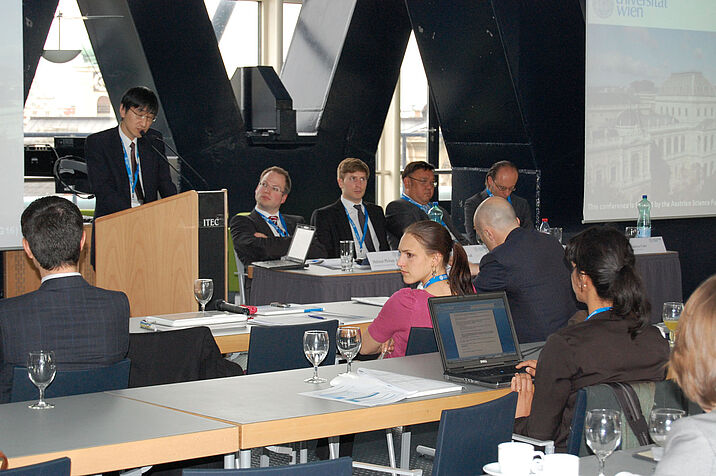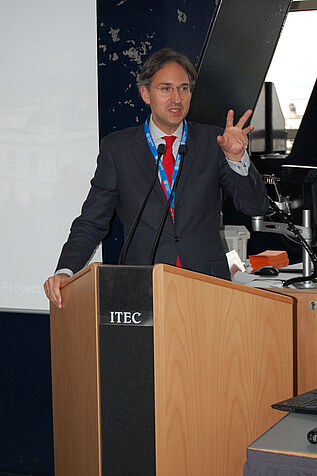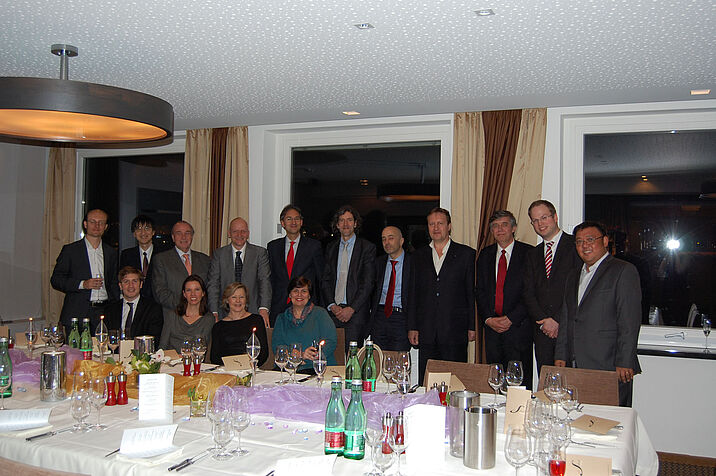Transnational Judicial Dialogue of Domestic Courts on International Organizations
On 23 April 2012, the Head of the Section for International Law and International Relations of the University of Vienna, Prof. August Reinisch, hosted the Conference "Transnational Judicial Dialogue of Domestic Courts on International Organizations". The conference which was funded by the Austrian Science Fund (Project I581-G15), formed part of an international collaborative research effort within the project “10-ECRP-028 International law through the national prism: the impact of judicial dialogue” sponsored by the ESF (European Science Foundation).
On this one-day event, 16 legal scholars from research institutions in Austria, Argentina, Belgium, Canada, France, Germany, Greece, Italy, Japan, the Netherlands, the Philippines, Russia and Switzerland were joined by over 80 participants, including practitioners and representatives of international organizations. The aim of the conference was to discuss domestic court decisions concerning the domestic legal personality as well as the privileges and immunities of international organisations, also from the perspective of a possible "transnational judicial dialogue". All contributors were able to provide an overview of the most important legal issues and methods used by courts on the basis of an exhaustive analysis of the available cases. In addition, they analyzed the available jurisprudence also from the perspective of a possible judicial dialogue. In his introduction to the conference, Professor Reinisch defined transnational judicial dialogue broadly as "the willingness of domestic courts to look beyond their own jurisdiction and to take into account decisions rendered by other national or by international courts or tribunals (i.e. horizontal or vertical dialogue)." Indeed, most contributors were able to identify some instances of indirect/implicit judicial dialogue. Moreover, in a smaller number of cases, direct/explicit invocation or discussion of foreign or international court decisions by domestic courts could also be identified. The active participation of practising lawyers and legal advisers to international organizations during the conference greatly contributed to an exchange of views and experience.
The conference was part of a larger book project. The volume, to be edited in 2013, will include and build on the insights gained and networks established during the conference. In addition, three authors who were unable to attend the 23 April 2012 conference will contribute to the edited volume by examining the available cases in India, the United States of America, and the United Kingdom.

